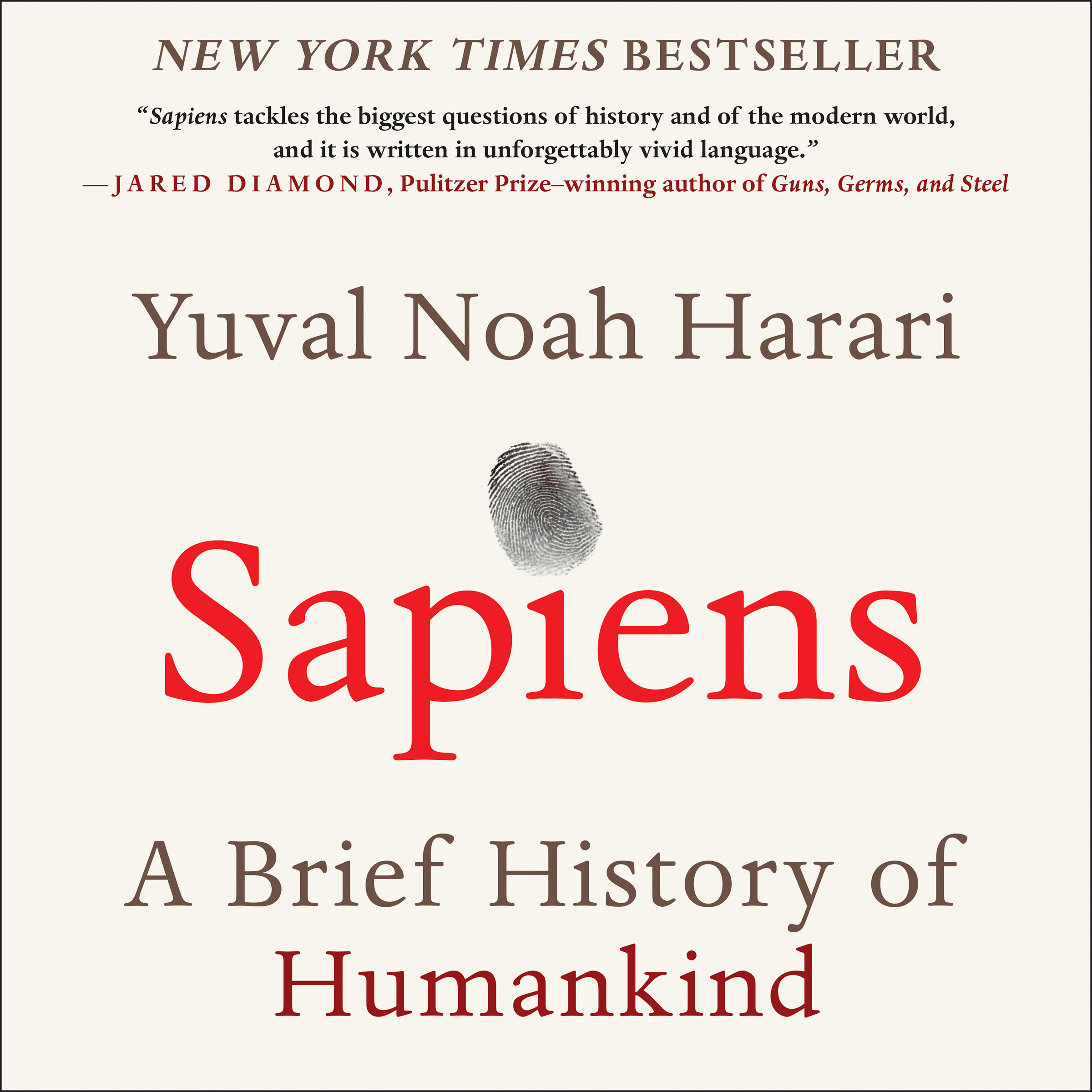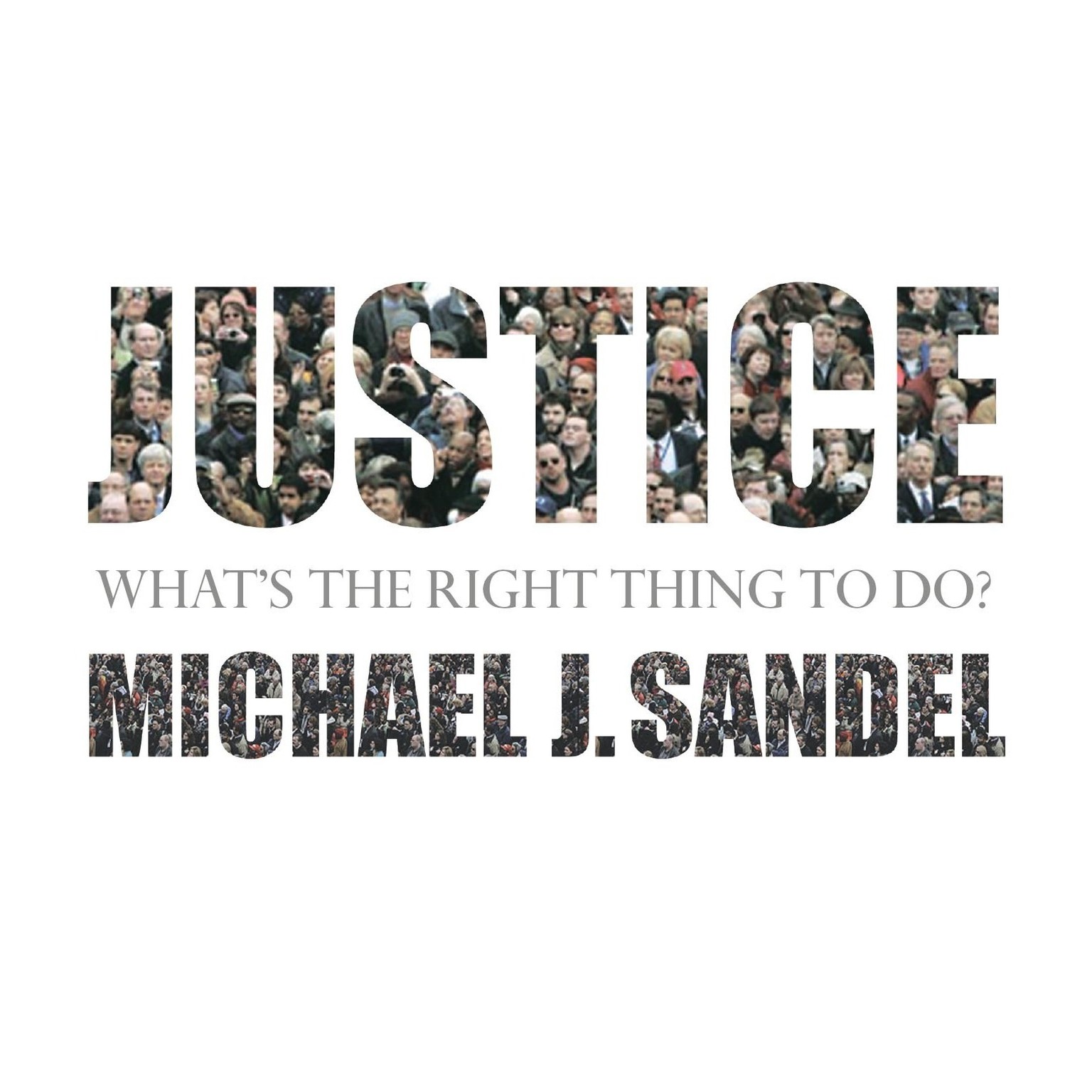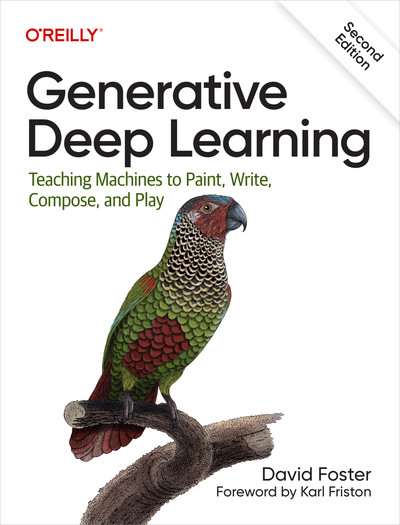Book roundup, June 2018
Recently I finished these two books in tandem, Yuval Noah Harari’s Sapiens: A Brief History of Humankind, and Michael Sandel’s Justice: What’s the Right Thing to Do. To be more precise, I finished listening to the books (highly recommending Audible), but I feel they’re too good not to buy hard copies. Reading (well, listening) them in this particular order really gives me some thinking to do.
This is a popular book to start with. The author walks the readers through the major revolutions of humankind since existence: cognitive revolution, agricultural revolution, unification of humankind, and scientific revolution. The key ingredient that makes human stand on top of the food chain, is the ability to imagine, the capability to abstract concepts, to form communities, tribes, countries, religions. It is this very craft allows the physically vulnerable sapiens take command of other animals, and become who we are today, we are here because we can reason.
Other than laying out these historical contents, it is clear that the author wants to promote our consciousness about how we should treat and live together with other species on earth, including ourselves. Especially with the power of the scientific revolution has granted us.
This ending gives a perfect leeway to the next book, Justice. I was drawn to this book by Professor Sandel’s Harvard lectures, not any less than the famous trolley dilemma. What is the right thing to do, among ourselves, to other homo sapiens?
The settings are ripe for endless debates: lucrative bonus payments to CEOs during the financial crises, affirmative action, same-sex marriage, patriotism, freedom. However, the author (and the narrator) painstakingly dissect all the arguments, along with the philosophies of great thinkers: Aristotle, Kant and alike. Of course, the author does not shy away from his own perspective: …A just society can’t be achieved simply by maximizing utility or by securing freedom of choice. To achieve a just society we have to reason together about the meaning of the good life, and to create a public hospitable to the disagreements that will inevitablely arise… For many questions that requrie the answer: what is the right thing to do, there is no a blanketing answer, but it is this trinity of these principals that we should reason, and to craft the answer.
I highly enjoyed both books, and I am sure I will read them again.





Leave a Comment